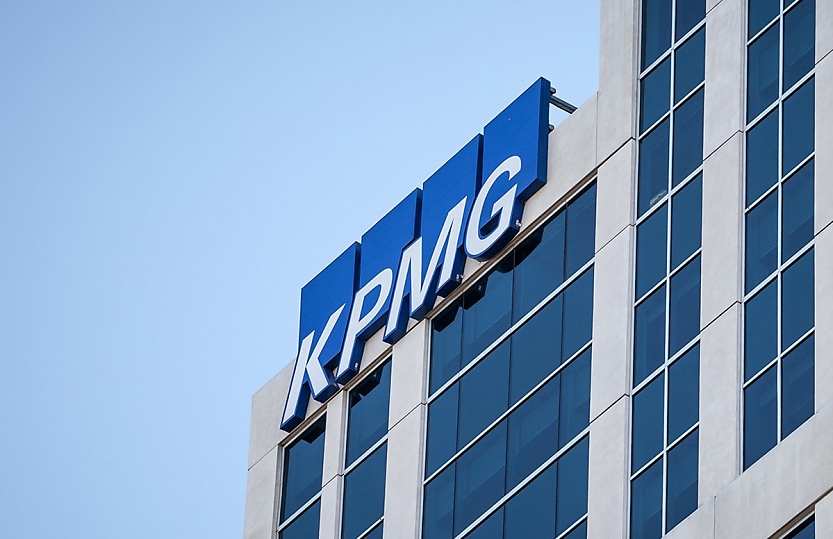KPMG supports broad review of partnership frameworks

The big four firm has defended its multidisciplinary model but says it is open to limited liability partnerships.
KPMG has told the government that it would support a comprehensive review of partnership frameworks in Australia and would be open to considering other partnership frameworks that exist internationally.
In response to Treasury's review into the regulation of accounting, auditing and consulting, KPMG noted that there have been few substantial reforms made to Australian partnerships over the last century.
"By contrast, significant reforms including transition provisions to enable existing partnerships to change their structures have been implemented in other jurisdictions such as the UK and USA, for example," the KPMG submission said.
KPMG said while it is committed to improving independently of regulatory reform, it would support a comprehensive review of partnership frameworks in Australia.
"We are open to considering other partnership frameworks that exist internationally that may better suit the needs of our stakeholders, while also improving transparency and confidence - noting that government transitional support may be required," it said.
The firm recommended that the government refer partnership reform to a body such as the Australian Law Reform Commission for inquiry given the number of complex factors that would need to be considered in any reform program.
"The review could consider regulatory models in overseas jurisdictions, like the United Kingdom’s limited liability partnership model, and its potential application to Australia," it said.
Limited liability partnerships in the UK and the US deliver corporate-style regulation and oversight while retaining key aspects of the partnership capital structure, it said.
"We would also welcome the government considering the implementation of a Large Partnership Governance Code similar to the ‘comply or explain’ approach in the ASX Corporate Governance Principles and Recommendations, following research and consultation with key stakeholders."
"This could create minimum governance standards for large partnerships."
However, the firm does not believe a cap on partner numbers is necessary, with the submission arguing this could impact the firm's ability to expand service delivery and increase the quality of its services.
"We strongly believe that good governance is not correlated to the number of partners within a firm but by the frameworks, systems and reporting requirements in place," it said.
"Incentivising growth also allows partnerships to invest in service delivery, including programs that enhance audit quality."
The firm also said there was "limited international evidence" that demonstrates improvements in audit quality where audit is operationally separated from consulting.
"For our ASX300 clients, the multidisciplinary model is fundamental to audit quality, with specialists representing around 15 to 20 per cent of time spent on a large complex audit," the submission said.
It warned that structural and operational separation of advisory and audit functions would bring significant challenges in audit service and quality.
"For example, to deliver audit quality, our audits are undertaken with input from a range of other experts called upon from within KPMG. These can include IT specialists, actuaries, tax experts, forensic accountants, experts in financial instrument valuation, cyber experts and macroeconomists," it said.
"The input from skilled and experienced specialists in an audit for a large global company is critical for audit quality. For our ASX300 audit clients, these specialists represent around 15 to 20 percent of the time spent on a large complex audit."
This percentage is expected to increase with the government's introduction of mandatory climate-related financial disclosures.
KPMG has, however, reduced its provision of non-audit services to audit clients in line with international policy changes and subsequent APES 110 revisions.
"In FY23, 81 per cent of revenue for KPMG’s audit clients in the ASX300 was earned from the financial statement audit, 14 per cent from other assurance and audit-related services and 5 per cent from non-audit services."
About the author

